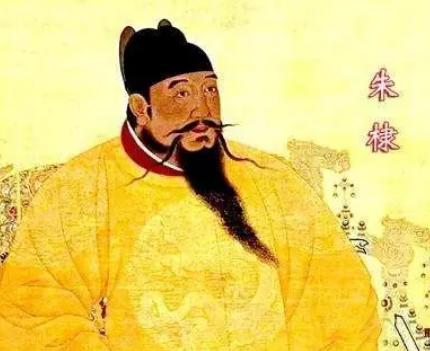"Lè bù sī shǔ" is a historical allusion used to describe a person who has lived in a foreign place for a long time and forgotten their hometown and family. Although this allusion first appeared in "Romance of the Three Kingdoms", its moral and inspiration are not limited to historical stories, but can be applied to various aspects of real life.

Moral of "Lè bù sī shǔ"
The original moral of "Lè bù sī shǔ" is to describe a person who has lived in a foreign place for a long time, forgotten their hometown and family, and can only lament "I am happy and do not miss Shu". This moral implies that people should cherish their roots and cultural background, and not forget their starting point and original intention. At the same time, it also reminds people to always pay attention to their emotional needs, not to be confused by material temptations, and maintain inner peace and clarity.
Inspiration of "Lè bù sī shǔ"
The allusion of "Lè bù sī shǔ" is not just a historical story, but also a philosophy of life and value concept. It tells us that wherever we are, we should maintain a love and awe for our hometown and culture, and constantly pursue our dreams and aspirations. At the same time, we should also learn to adapt to changes and adjust our mindset, not to lose ourselves and sense of direction due to environmental changes. In addition, "Lè bù sī shǔ" also reminds us to cherish the emotional bonds between people, and not to alienate ourselves from family and friendships due to distance and time.
How to Apply the Moral and Inspiration of "Lè bù sī shǔ" to Real Life
How can we apply the moral and inspiration of "Lè bù sī shǔ" to real life? First, we can learn more about the background of our hometown and culture, and enhance our cultural identity and self-confidence. Second, we can expand our social circle through travel, making friends, etc., and increase communication and interaction with others. At the same time, we can also actively participate in social welfare activities to contribute to our hometown and society. Finally, we can also pay more attention to the lives and emotional needs of our family and friends, and establish good interpersonal relationships.
In conclusion, the moral and inspiration of "Lè bù sī shǔ" are not just a historical story, but also a philosophy of life and value concept.
Disclaimer: The above content is sourced from the internet and the copyright belongs to the original author. If there is any infringement of your original copyright, please inform us and we will delete the relevant content as soon as possible.
































